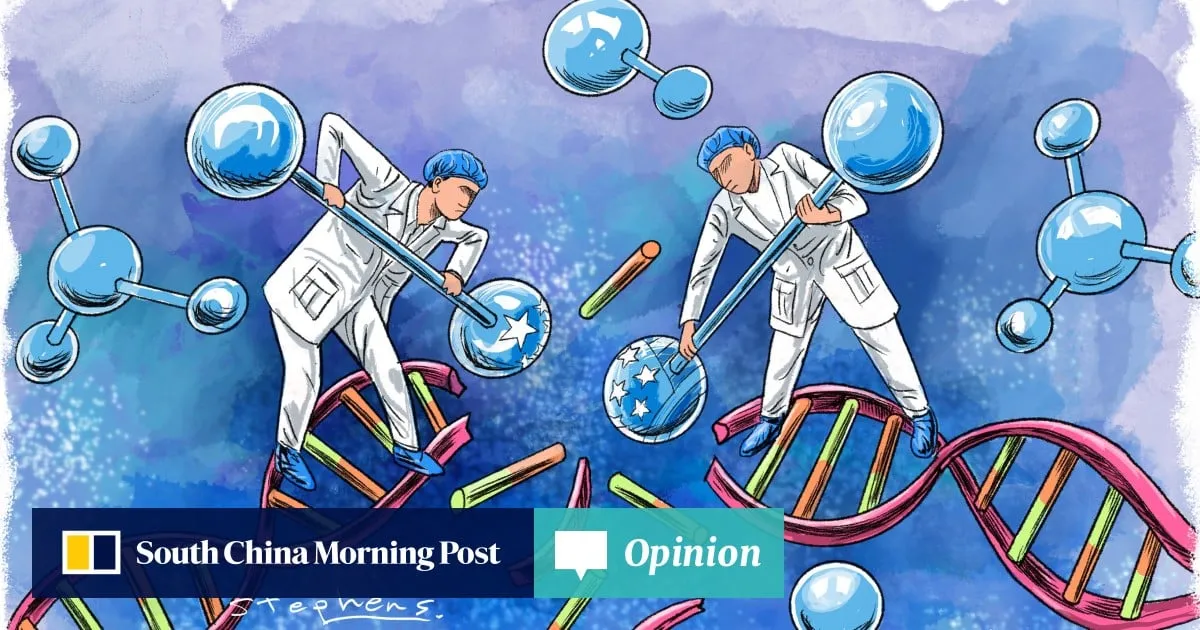Is Biotech the Next Frontier in US-China Decoupling Over National Security?

The Implications of US-China Decoupling in Biotechnology
The Biosecure Act, recently passed by the US House of Representatives, signifies a significant escalation in efforts to decouple the American and Chinese biotech ecosystems. This legislation, which garnered strong bipartisan support, would restrict federal funding for US companies engaging with specific Chinese biotech firms, including major players like Wuxi AppTec and BGI Genomics.
National Security Risks and Biotech Partnerships
This move reflects escalating worries in Washington about China’s ambitions within the life sciences and the potential national security threats posed by China’s access to sensitive genetic and healthcare data. Advocates of the Biosecure Act contend that such legislation is essential to safeguard American interests and maintain technological leadership in the biotech field.
- The decoupling efforts may challenge global scientific collaboration.
- The biotech industry heavily relies on contract research organizations (CROs) and contract development and manufacturing organizations (CDMOs).
- Partnerships with Chinese firms are pivotal for development time and costs.
Challenges in Drug Development
The demand for new drugs is exacerbated by an ageing population and complex disease management challenges, leading to prolonged development timelines and significant costs. Traditional drug development processes can last 10 to 15 years and involve expenses that reach billions. Recent surveys indicate that 79% of US biotech companies partner with China-based CROs.
- Severing these relationships could delay drug launches.
- China may accelerate its own biotech innovations, spurred by these restrictions.
Future of Biotech in Global Cooperation
The US-China Science and Technology Cooperation Agreement, a crucial framework for scientific collaboration since 1979, expired recently, raising questions about future partnerships in competitive sectors.
As biotech decoupling occurs, multinational pharmaceutical companies must navigate strategic planning carefully. While diversifying supply chains is a consideration, completely abandoning the Chinese market remains impractical for many firms.
This article was prepared using information from open sources in accordance with the principles of Ethical Policy. The editorial team is not responsible for absolute accuracy, as it relies on data from the sources referenced.